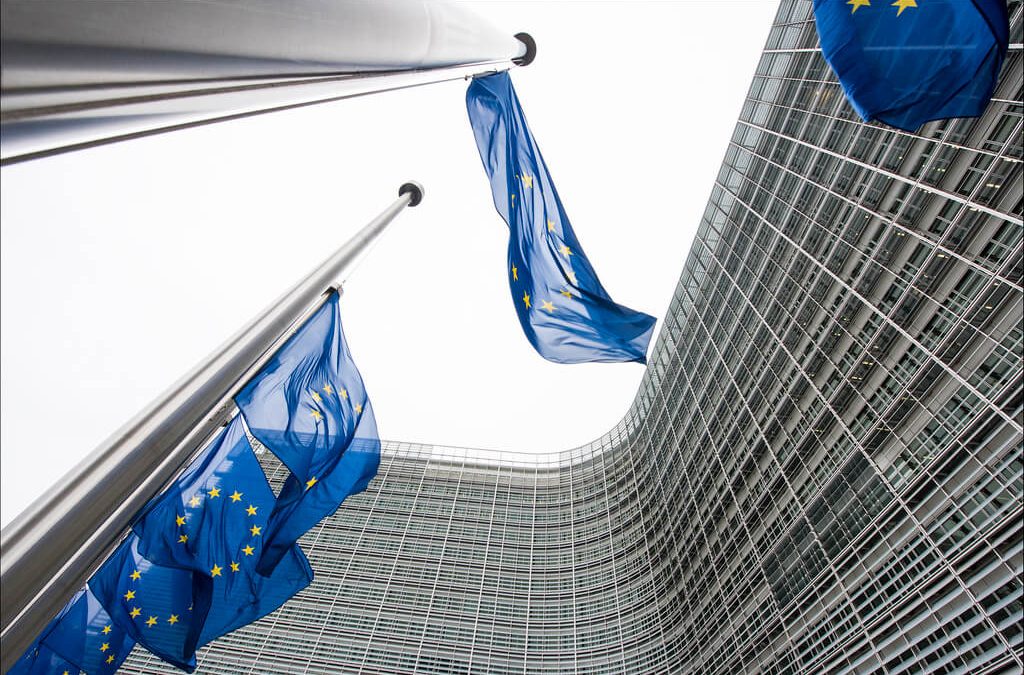Open letter to the European Commission on the follow-up of the June 2016 EU Council Conclusions on “Strengthening the Balance in the Pharmaceutical Systems in the EU and its Member States”
On 17 June, 2016, all 28 European Union (EU) Health Ministers agreed on Council Conclusions to address the imbalances in the pharmaceutical systems in the EU and its Member States. In these Conclusions, the Ministers invited the European Commission to undertake a critical review of the impact of current intellectual property (IP) related incentives on biomedical innovation.
Evidence suggests that current levels of excessive IP rights and related monopoly protections do not contribute to genuine needs-driven medical innovation, and delay generic competition. Instead, this contributes to the development of ‘me too’ medicines, anti-competitive behaviours and high prices of new treatments that are not related to the costs of development.
This issue requires urgent political action and the recently adopted Council Conclusions are a significant first step in addressing this situation.
EU Member States now ask the Commission (Article 47 of these Council Conclusions) to conduct an independent, comprehensive and in-depth evaluation of the impact of IP-related incentives (supplementary patent certificates, use of “Bolar” patent exemption, data exclusivity and market exclusivity) on innovation, accessibility, availability and affordability of medical treatments.
We, the undersigned civil society organisations (CSOs), urge the EU Health Ministers and the European Commission to undertake this much-needed in-depth research. However, we are concerned about a lack of transparency and a lack of a balanced stakeholder involvement in the process.
Therefore, we call on the European Commission to:
-
Explain how it will guarantee a transparent, inclusive and fully independent process for developing the methodology, conducting the study and drafting policy recommendations based on the findings of the study and in particular how the Commission will ensure a balanced and equal involvement of all relevant stakeholders (including academics and CSOs),
-
Organise a public hearing/workshop to discuss and obtain input from all relevant stakeholders on the timetable and methodology used by the Commission Directorate(s) for this study,
-
Publicly declare its commitment to consult and update members of the European Parliament throughout the process of developing the methodology, drafting the study and implementing the follow-up actions based on the findings of the analysis.
Following the promising and ambitious Council Conclusions, it is now up to the European Commission to seize the opportunity to establish a relevant methodology in a transparent and accountable manner and to prevent narrow commercial and political interests from undermining public health needs and the general public interest.
Co-signing organisations
-
Action against AIDS (Germany)
-
AIDS Action Europe
-
Altroconsumo (Italy)
-
BEUC – The European Consumer Organisation
-
Brot fuer die Welt (Germany)
-
BUKO Pharma-Kampagne (Germany)
-
Coalition Plus – Coalition Internationale SIDA
-
Commons Network
-
Dying for a Cure (UK)
-
EKPIZO – Consumers’ Association “The Quality of Life” (Greece)
-
European AIDS Treatment Group (EATG)
-
European Public Health Alliance (EPHA)
-
Global Health Advocates
-
Health Action International (HAI)
-
Health and Trade Network
-
Health Projects for Latvia
-
Hepatitis Scotland (UK)
-
International Society of Drug Bulletins (ISDB)
-
Knowledge Ecology International (KEI) Europe
-
Medecins du Monde/Doctors of the World
-
Medicines in Europe Forum
-
MEZIS – Initiative of incorruptible doctors(Germany)
-
Médecins Sans Frontières – Access Campaign
-
No Gracias (Spain)
-
Nordic Cochrane Center
-
OCU – Organisation of Consumers and Users (Spain)
-
PRAKSIS (Greece)
-
Public Eye (formerly Berne Declaration)
-
Restless Development
-
Salud por Derecho (Spain)
-
STOPAIDS (UK)
-
Test-Aankoop/Test-Achats (Belgium)
-
Transparency International Pharmaceuticals & Healthcare Programme
-
Universities Allied for Essential Medicines (UAEM) – Europe
-
VdPP (Verein demokratischer Pharmazeutinnen und Pharmazeuten) (DE)
-
Wemos (Netherlands)
Contact: Viviana Galli, European Alliance for Responsible R&D and Affordable Medicines, viviana@medicinesalliance.eu
